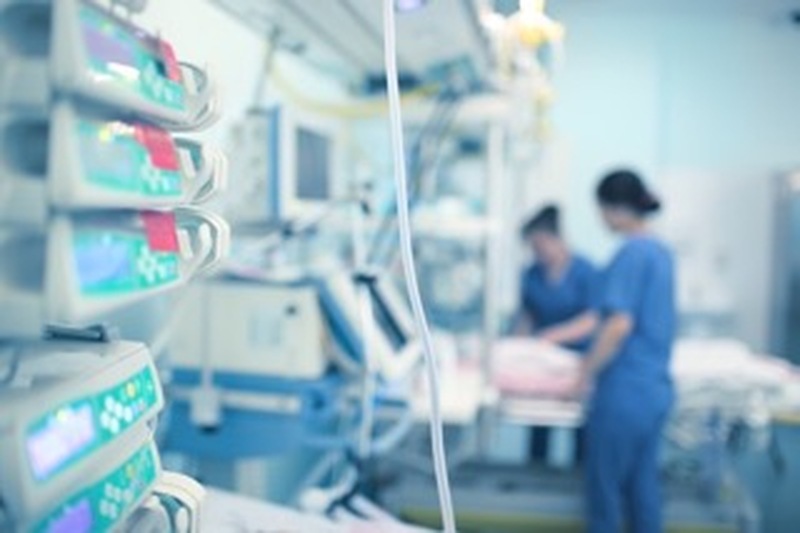HEALTH bosses in Barnsley are encouraging women to protect themselves from cervical cancer by attending their scheduled appointments.
The latest figures show that fewer people completed cervical screenings last year.
The NHS England statistics show that just 74.9 per cent of 66,416 eligible 25 to 64 year olds in Barnsley were adequately screened as of March 31.
It was down from 75.7 per cent the year before, and below the target of 80 per cent.
Figures from Jo’s Cervical Cancer Trust show that one in three women and people with a cervix do not take up their screening invite.
It’s prompted health bosses across the town to urge those eligible to get screened and to take the vaccine.
A spokesperson for South Yorkshire ICB said: “Every day in the UK, two women lose their lives to cervical cancer and nine more receive a life-changing diagnosis.
“But cervical cancer can be prevented.
“HPV vaccination, cervical screening, and treatment for cell changes can all help prevent it.
“Cervical screening (sometimes called a smear test) checks the health of your cervix and helps find any abnormal changes before they can turn into cancer.
“It’s not a test for cancer, it’s a test to help prevent cancer.”
Figures also show that the HPV vaccine uptake in Barnsley has fallen significantly from pre-pandemic levels.
Girls in England are offered free HPV jabs at school during years eight and nine, when they are aged between 12 and 14.
Data from the UK Health Security Agency shows 78.9 per cent of year nine girls in Barnsley had both HPV jabs in the last academic year.
It means 280 of the 1,328 girls in the cohort were not fully vaccinated.
South Yorkshire ICB are therefore asking those who are eligible to receive the vaccine, as it’s already shown it can save lives.
“The HPV vaccine helps protect against human papillomavirus (HPV).
“It’s recommended for children aged 12 to 13 years old and people at higher risk from HPV.
“Most types of HPV are harmless.
“But some types are linked to an increased risk of certain types of cancer, including cervical cancer.
“Since the vaccine has been used, there has been a big drop in the number of young people getting conditions linked to HPV, such as cervical cancer and genital warts.
“Research suggests that over time the HPV vaccine will help save thousands of lives in the UK.”




























